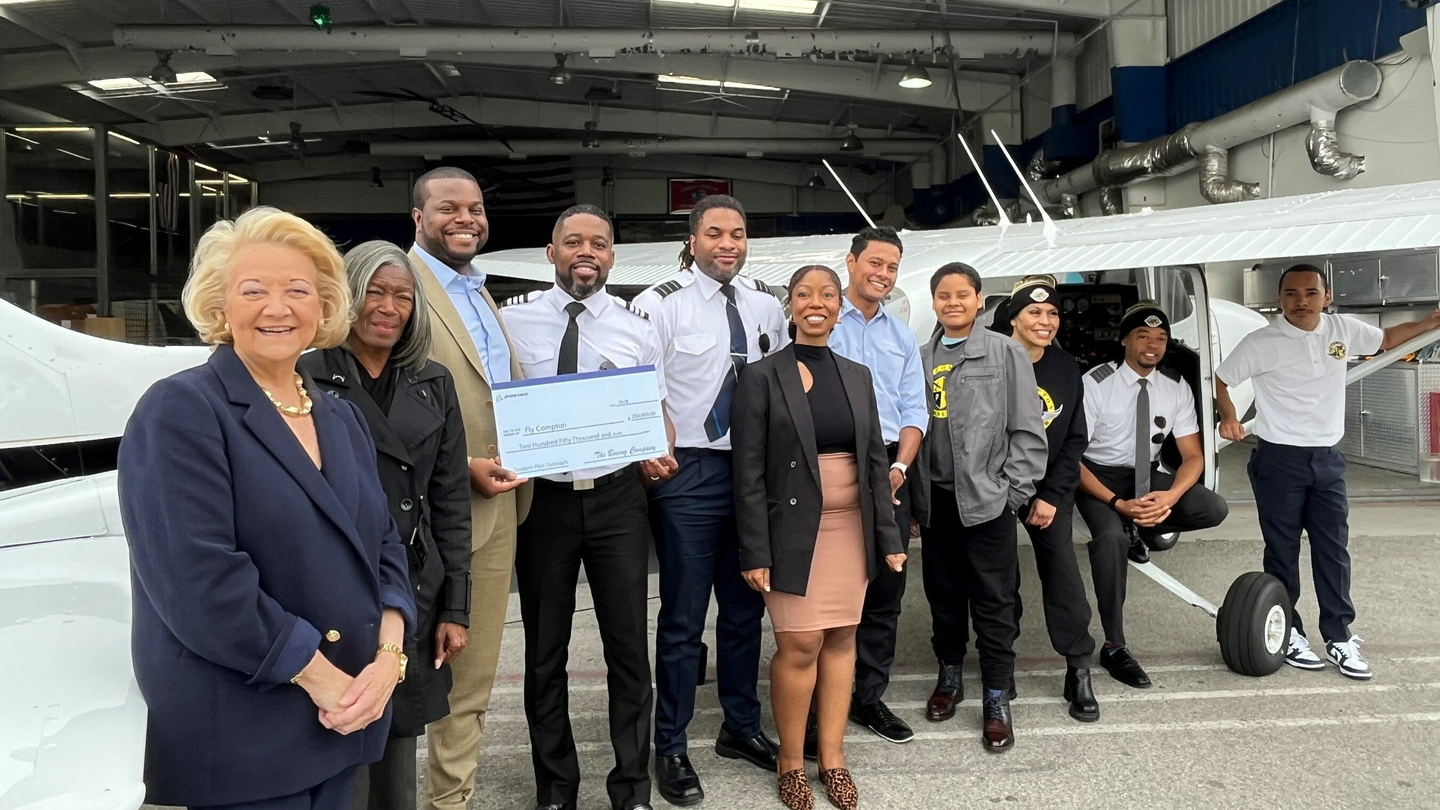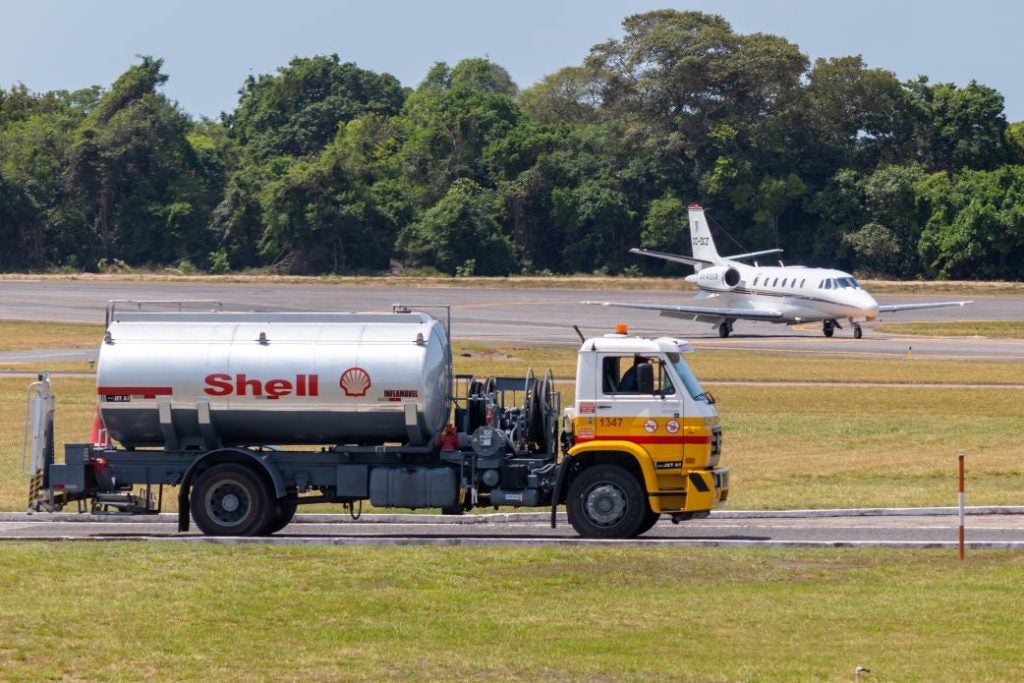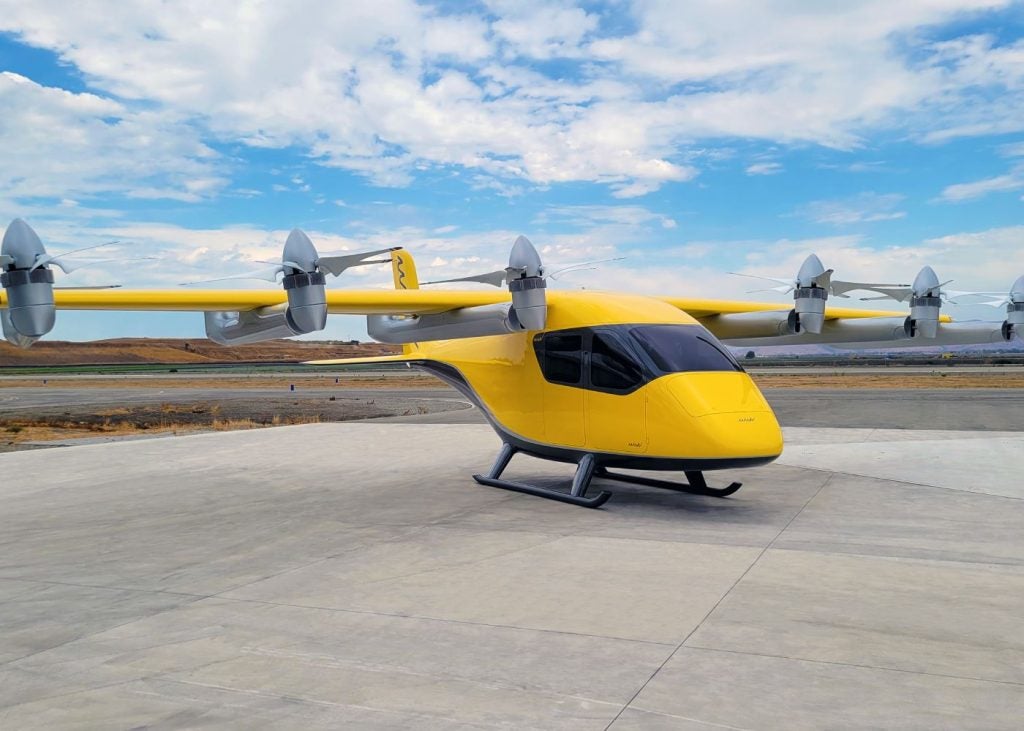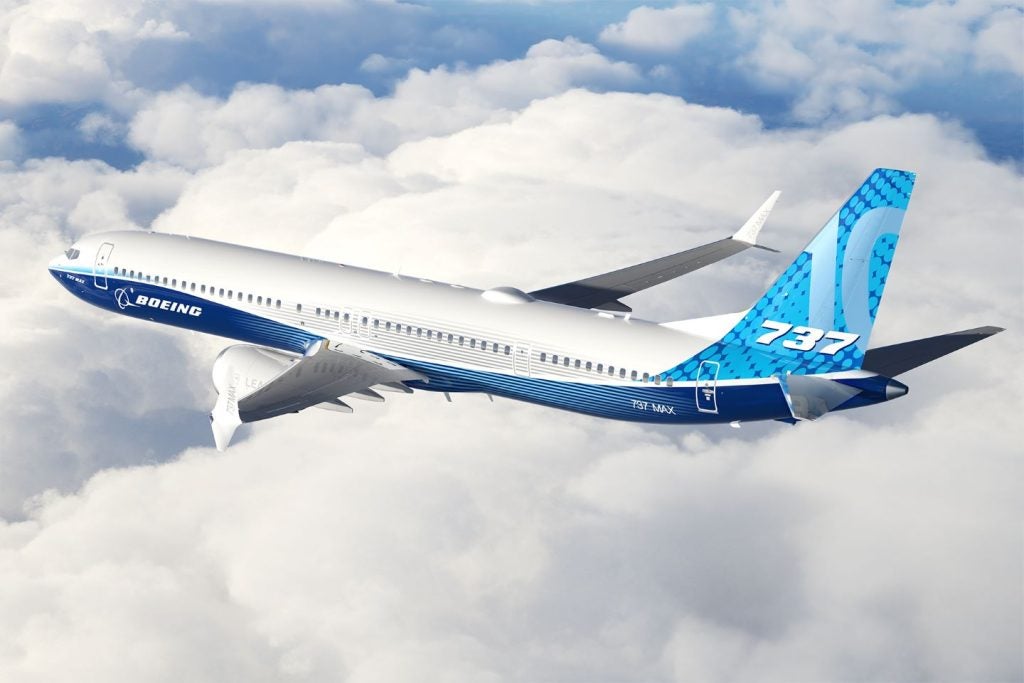
US aircraft manufacturer Boeing has announced a $950,000 investment into scholarship programmes to nurture diverse talent and meet the growing demand for commercial aeroplane pilots.
The company has donated $450,000 to Los Angeles-based Fly Compton, which introduces minority youth to opportunities in the aerospace industry. Another $500,000 was donated to 25 scholarships across five aviation-focused organisations.
Those organisations include the Aircraft Owners and Pilots Association, the Latino Pilots Association, the Organisation of Black Aerospace Professionals, Sisters of the Skies and Women in Aviation International.
Fly Compton president and executive director Demetrius Harris said: “At Fly Compton, we know that lack of exposure, access to resources and the high cost of flight training prevents underrepresented populations from exploring careers in aviation.
“We focus on eliminating these barriers to entry and this funding package from Boeing helps us continue this important work.”
Along with supporting more diverse talent in a field historically dominated by white men, of which 85% of all aeroplane pilots are white and 97% are male, Boeing is also seeing the scholarships as an opportunity to help fill the almost 650,000 new pilot positions it is projecting over the next 20 years.
Boeing government operations executive vice-president Ziad Ojakli said: “The demand for qualified and diverse pilots remains high at airlines worldwide. While becoming a pilot provides a lifelong career, access to training remains a barrier to entry for many.
“These organisations are helping the next generation of pilots realise their full potential while also showing communities that are historically underrepresented in the industry that a future in aviation is possible.”
Boeing’s investment into the future of the aviation industry matches efforts seen by some of the sector’s other big players such as Qantas, which recently began construction on its new multi-million dollar flight training centre in Sydney, expected to train up to 4,500 pilots and cabin crew a year.






